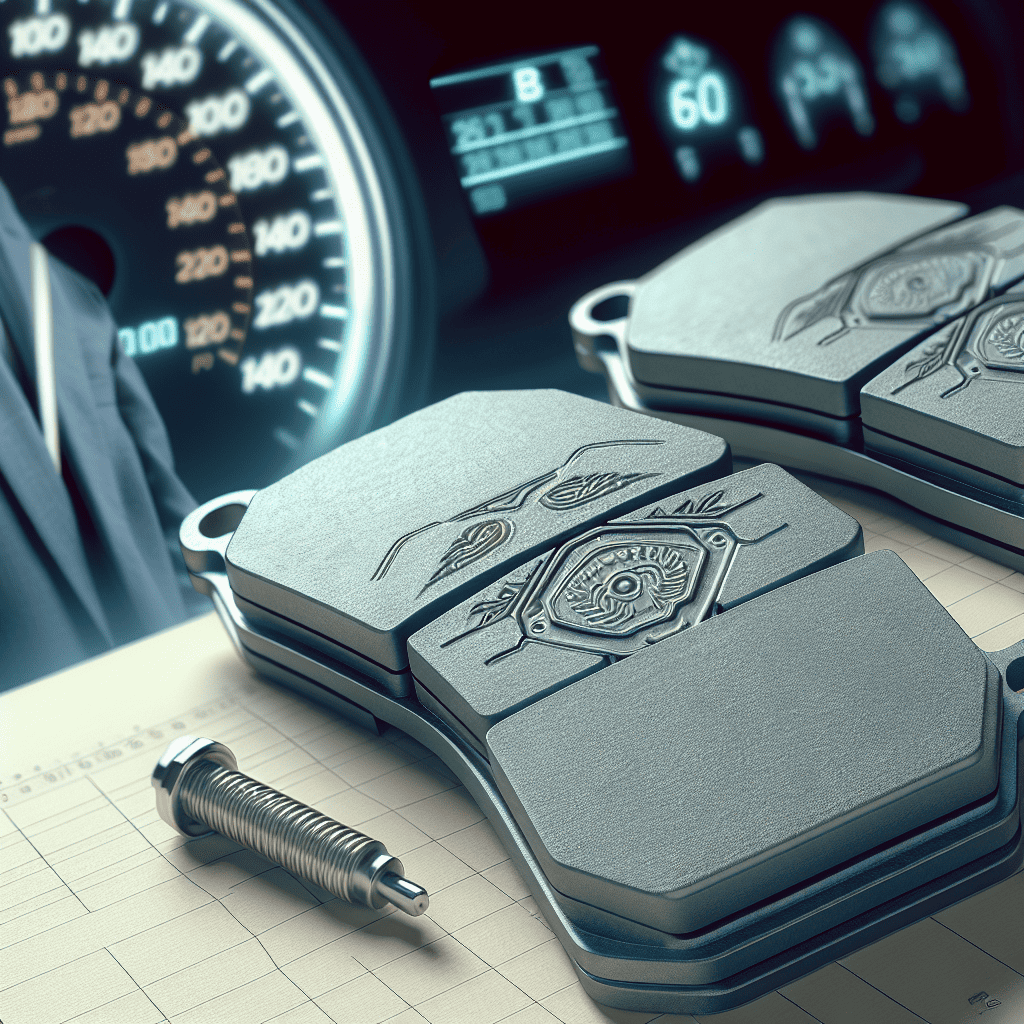How Long Do Brake Pads Last? (Miles and Years)
When it comes to car maintenance, understanding the lifespan of critical components is essential for ensuring your safety as well as the longevity of your vehicle. Among these crucial parts are brake pads, which play a vital role in your car’s braking system. So, how long do brake pads last? This isn’t just a simple number—as various factors come into play.
The Lifespan of Brake Pads: Miles and Years Considered
Typically, brake pads can last anywhere from 25,000 to 65,000 miles, with an average lifespan of about 40,000 miles. However, this range varies widely based on your driving habits, the type of vehicle you drive, the material of the brake pads, and the conditions in which you drive.
Driving Habits
Your braking habits have a significant impact on how long your brake pads will last. Frequent hard braking and riding the brakes can wear pads down much quicker. If you’re someone who scales down your speed gradually and coasts to a stop, your brake pads are likely to last longer.
Vehicle Type
The type of vehicle also plays a crucial role in the wear and tear of brake pads. Heavier vehicles put more stress on the brakes, and therefore, their brake pads generally wear down faster. Consumer Reports mentions that the vehicle’s design and manufacturer specifications can influence brake pad longevity as well.
Brake Pad Material
Brake pads come in various materials, each offering different benefits and lifespans:
- Organic: Made from various fibers and fillers bound with a resin, organic brake pads are quiet and work well in a range of temperatures, but tend to wear out faster.
- Semi-metallic: These pads, containing about 30-65% metal, are durable but might be noisier and more prone to wearing out the brake rotors.
- Ceramic: Known for their durability and quiet operation, ceramic brake pads can be more expensive but often last longer than the other types.
Each type of brake pad has its trade-offs, and depending on your preference for performance versus longevity, you may choose one over the other.
Environmental Conditions
Environmental factors, such as driving in urban areas with frequent stops, or in mountainous regions where the brakes are used more intensely, can accelerate the wear of brake pads. Driving in such conditions might necessitate more frequent brake pad changes.
How to Tell If Your Brake Pads Need Replacing
There’re a few tell-tale signs that your brake pads are approaching the end of their life:
- Squealing or Screeching Noises: When brake pads wear down, they often emit a high-pitched noise as a warning.
- Decreased Performance: If your car isn’t stopping as quickly as it used to, or if the brake pedal feels different when you press it, your brake pads might be to blame.
- Warning Lights: Many modern vehicles have sensors that trigger a warning light on the dashboard when it’s time to check the brakes.
- Visual Check: You can sometimes see the thickness of your brake pads through the wheels. If they appear to be thinner than a 1/4 inch, it’s time to get them inspected.
Experts like the team at Brake Parts Inc., suggest that a professional inspection during routine tire rotations or oil changes can help you keep track of your brake pads’ condition.
Extending the Life of Your Brake Pads
To extend the lifespan of your brake pads, consider adopting the following practices:
- Smooth Driving: Gradual breaking and avoiding sudden stops can reduce wear.
- Regular Maintenance: Have your brake system checked regularly to ensure no additional issues are causing premature wear.
- Avoid Excess Weight: Don’t overload your vehicle, as more weight means more stress on the brakes.
Conclusion
The lifespan of brake pads varies, influenced by a multitude of factors. By understanding what affects brake pad wear, and by being attentive to the state of your brakes, you can ensure they remain effective for as long as possible. And remember, while brake pads can be a DIY project for some car enthusiasts, don’t hesitate to consult a professional or refer to The Car Care Council for advice if you’re unsure.
While issues like brake wear can be easily overlooked, it’s important not to. Taking proactive measures to monitor and maintain your brake pads not only saves you money in the long run but also, and more importantly, keeps you and other road users safe.
With regular inspections and a keen ear to the sounds of your vehicle, you can get ahead of any potential brake issues and ensure a smoother, safer ride.

